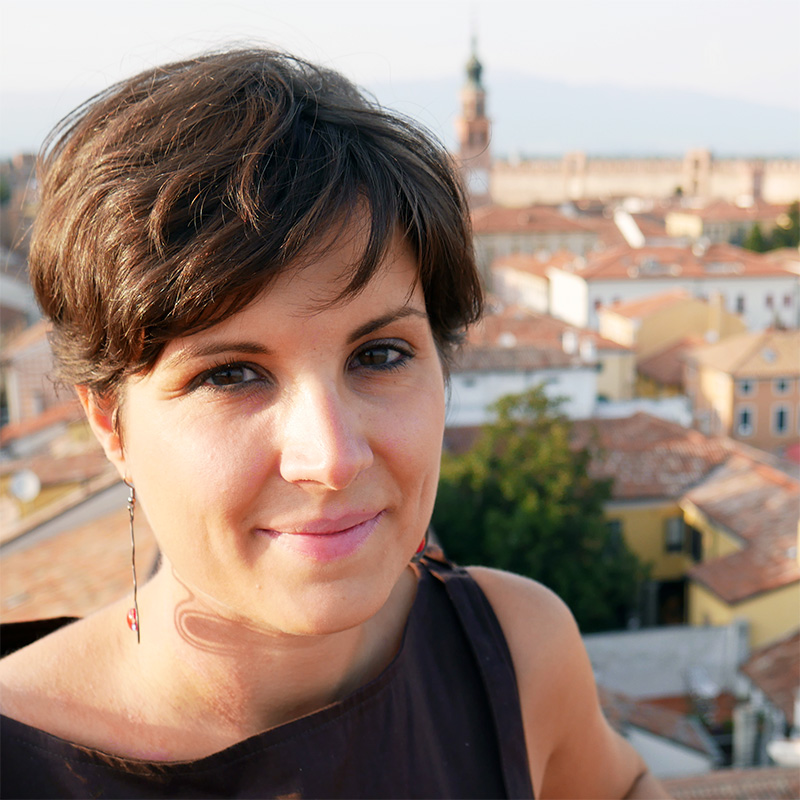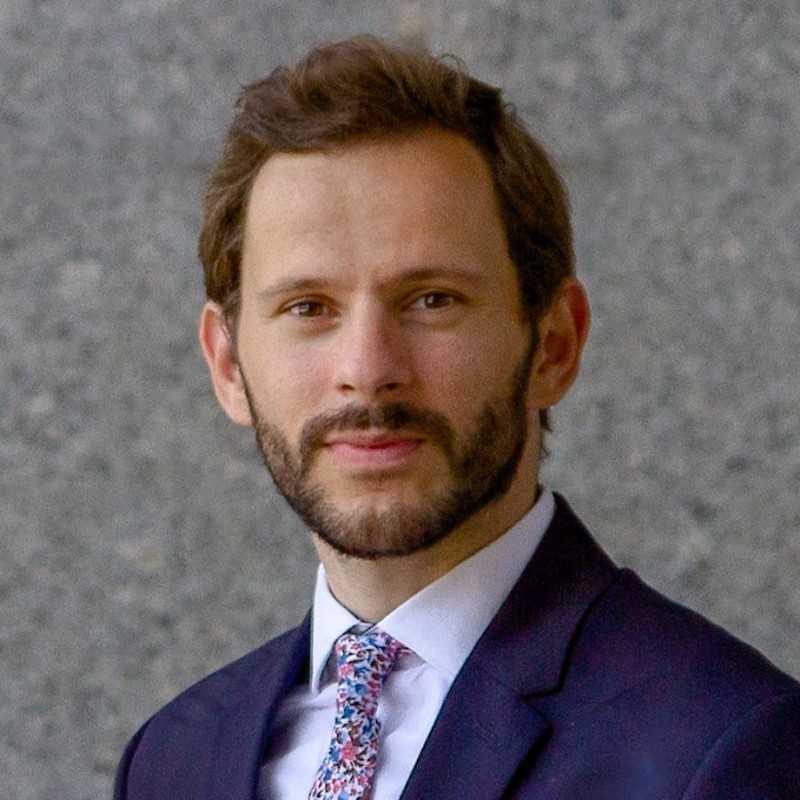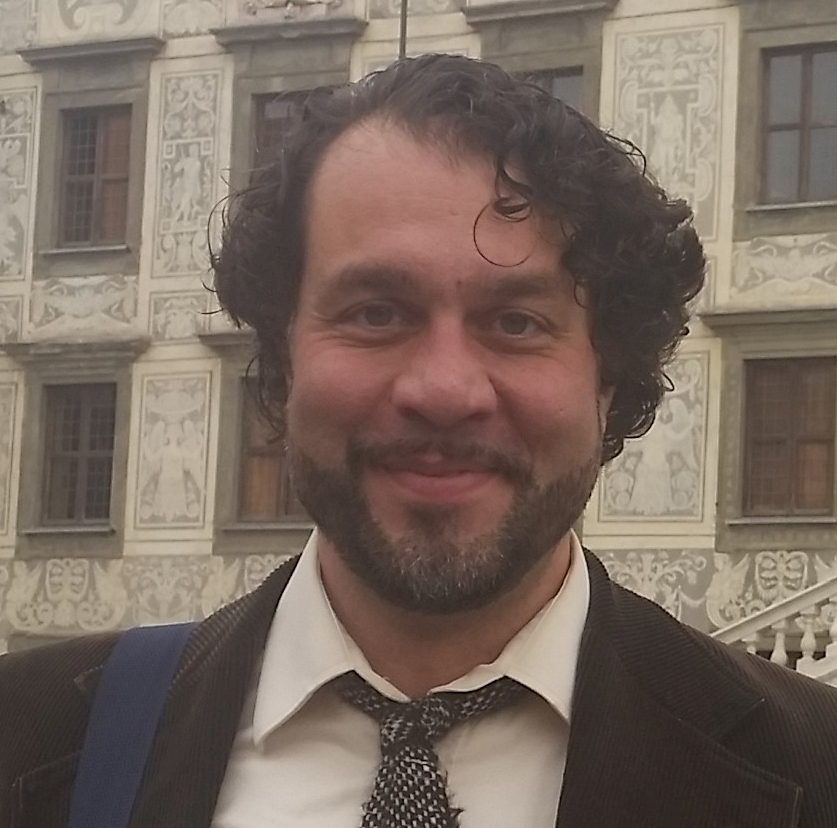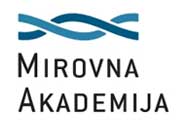It is our pleasure to inform you that the Peace Academy is offering the course entitled Building Environmental Movements in Divided Societies. The course will offer an excellent opportunity for learning about the emergence and development of environmental movements and mobilization for spatial justice and collective action. This course will be offered as an online course where the participants will have the opportunity to attend the course remotely via the Zoom platform.
The recent years have seen an unprecedented wave of mobilization around spatial and environmental-related issues. Environmental campaigning and ecological concerns have brought together different actors to stage protests and raise their voice for a better environment and the preservation of natural resources. Collective action for the environment has occurred also in societies divided along ethnic lines, where individuals of different background joined their forces to safeguard natural resources. This course aims to provide students with a critical reading of the main debates within the field of collective action in divided societies. It draws on the literature on social movement studies and on deeply divided societies, with the contribution of scholars, local practitioners and activists engaged in the field inside and outside the region. Bosnia and Herzegovina constitutes a case in point for the study of social movements in divided societies, and in particular of environmental movements, which emerged and diffused nationwide in the last decade. The country represents in fact a critical and strategic case for the examination and understanding of the dynamics of mobilization in divided societies, at times challenging the existing theoretical assumptions, since over the last decade contentious collective action took place in spite of the country presenting a wide range of unfavourable conditions for its occurrence.
Course Instructor: Dr. Chiara Milan
 Dr. Chiara Milan is Assistant Professor in Political Sociology at the Faculty of Political and Social Sciences, Scuola Normale Superiore, and project coordinator of the Jean Monnet Network “Transnational Political Contention in Europe” (TraPoCo). She has been Marie Skłodowska-Curie Fellow at the Centre for Southeast European Studies of the University of Graz, Austria, and holds a PhD in Political and Social Sciences from the European University Institute. She has published several articles in international journals and chapters in edited volumes on the topics of social movements and contentious politics in divided societies and explored their implication on political participation and citizenship. She also worked on collective solidarity actions in support of refugees and right to the city movements, with a specific focus on Southeastern Europe. She has authored the monograph Social mobilization beyond ethnicity. Grassroots movements and civic activism in Bosnia and Herzegovina (2020, Routledge).
Dr. Chiara Milan is Assistant Professor in Political Sociology at the Faculty of Political and Social Sciences, Scuola Normale Superiore, and project coordinator of the Jean Monnet Network “Transnational Political Contention in Europe” (TraPoCo). She has been Marie Skłodowska-Curie Fellow at the Centre for Southeast European Studies of the University of Graz, Austria, and holds a PhD in Political and Social Sciences from the European University Institute. She has published several articles in international journals and chapters in edited volumes on the topics of social movements and contentious politics in divided societies and explored their implication on political participation and citizenship. She also worked on collective solidarity actions in support of refugees and right to the city movements, with a specific focus on Southeastern Europe. She has authored the monograph Social mobilization beyond ethnicity. Grassroots movements and civic activism in Bosnia and Herzegovina (2020, Routledge).Guests:
Samir Beharić
 Samir Beharić is an award-winning human rights activist, policy analyst, and a current PhD researcher who devoted his career to desegregating schools and providing global opportunities to young adults in the Western Balkans and beyond
Samir Beharić is an award-winning human rights activist, policy analyst, and a current PhD researcher who devoted his career to desegregating schools and providing global opportunities to young adults in the Western Balkans and beyond
Dr. Helge Hiram Abdelnoor Jensen
 Helge Hiram Abdelnoor Jensen currently works as associate professor at Kristiania University College, School of Communication, Leadership and Marketing, Oslo. He aims at facilitation of liberatory learning – in the tradition of Paulo Freire – through teaching, research, and dissemination. He holds a PhD in Political and Social Sciences from the European University Institute, Florence (2015), and a Cand.Polit. degree in Cultural Sociology from the University of Oslo (2002).
Helge Hiram Abdelnoor Jensen currently works as associate professor at Kristiania University College, School of Communication, Leadership and Marketing, Oslo. He aims at facilitation of liberatory learning – in the tradition of Paulo Freire – through teaching, research, and dissemination. He holds a PhD in Political and Social Sciences from the European University Institute, Florence (2015), and a Cand.Polit. degree in Cultural Sociology from the University of Oslo (2002).
The course sessions will be from 4pm until 7pm Sarajevo time (CET) to accommodate participants from different time zones. There will be short breaks in between teaching blocks.
This course is distinctive because it is organized in cooperation between the Peace Academy which brings over 14 years of experience bridging activist and academic approaches to peacebuilding in Sarajevo and University of Manchester. It was developed in the context of the Peace Academy’s Study of Peacebuilding Practice in Divided Societies and our conviction that peacebuilding practitioners and practice benefit from critical reflection and engagement with academic rigor both to articulate their understandings of peacebuilding practice and also to ask tough questions about what does or doesn’t work and why.
Accordingly, the course provides both theoretical but also practical tools. The course is further enriched by providing interactive exchange among diverse students coming from within and beyond the Post-Yugoslav countries. The course is open to activists, students, researchers, theoreticians and journalists.
The course will be held from January 9 until January 30, 2023.
The course topics are (see detailed Course Outline):
- Session one will elaborate on the notion of divide as a central concept in the social sciences
- Session two will examine the implication and challenges of institutional arrangements in governing divided societies (Guest: Samir Beharić)
- Session three will focus on civic mobilizations in divided settings, with a particular attention to environmental movements.
- One day excursion to Krušćica and visit to Ekološko udruženje Bistro: Hrabre žene Krušćice (Guest: Amela Zukić).
- Session four will elaborate more in detail the campaigns for spatial justice struggle and common governance in urban and rural areas that cross ethnic divisions (Guest:Dr. Helge Hiram Abdelnoor Jensen).
- Session five will explore the possibilities of participatory and deliberative democratic practices.
- Session six will conclude the course with a wrap-up activity consisting in a practical exercise of simulation.
There will be four guest speakers who organized and participated in ecological movements and actions in their communities.
Participation in the course requires 6 hours per unit
Applying:
If you wish to participate, please fill out the Online Application Form. You will be automatically notified when we receive your application. You will also receive an email from us not later than 7 days after replying to inform you if we need any additional information.
Applications are open until December 9 (12pm CEST).
If you have any questions or concerns regarding your participation or need other information in this regard, please contact us at Ova e-maila adresa je zaštićena od spambotova. Omogućite JavaScript da biste je vidjeli..
Applications will be reviewed on a rolling basis. You will be notified about the selection outcome of applications at the latest by December 16.
Participation Prerequisites:
- Willingness to attend the selected course during its whole duration
- Willingness to fulfil all obligations related to the course (reading the recommended literature and writing an essay if you would like to receive a certificate);
- Fluency in English;
- Minimum age for participation is 21 years;
- Participation fee payment after your application has been selected.
Working Methodology:
Participants will attend the course via Zoom platform. You will need:
- A computer or mobile device with a camera, microphone, and speakers
- A headset with microphone is useful (but not required) for this purpose and to cut down on background noise
- A strong enough internet connection to connect to Zoom (click here for Zoom technical specifications)
- The ability to access and download documents to the online learning platform at Peace Academy (Moodle)
- The ability to stream videos posted by the instructor
This course is made possible by a grant from the European Consortium for Political Research (ECPR).
Participation fee:
Each participant is obliged to pay a participation fee. The participation fee is paid after you receive confirmation that you have been accepted.
Participation fees are divided into the following two categories:
- The regular participation fee is 350€.
- Participants who are citizens of and currently reside in a Post-Yugoslav country or medium and low income countries (MLIC) pay a subsidized fee of 100 €. This subsidy is enabled by our grant and reflects our commitment to equalize access. Dual citizens in both the regular and subsidised categories should pay the regular fee.
Participation fees can be paid by Paypal or bank transfer. Bank fees are not included in the participation fees and are expected to be paid by participants themselves. Participants will be informed about the deadline and means of participation fee payment after the selection process. Participation fees will be due before the start of the course. Participation fees will be used to cover costs of course materials and Peace Academy’s operational costs.
Note for participants from the Post-Yugoslav or MLIC countries: If you or your organization can contribute to the Peace Academy’s sustainability by paying a larger participation fee (e.g., 150, 250 or 350 €), please let us know.
For all additional information regarding the Peace Academy please contact us at:
E-mail: Ova e-maila adresa je zaštićena od spambotova. Omogućite JavaScript da biste je vidjeli.
Telephone: +387 61 102 725
Contact person: Amela Puljek-Shank, the Peace Academy's Program Director
We are looking forward to receiving your application!

